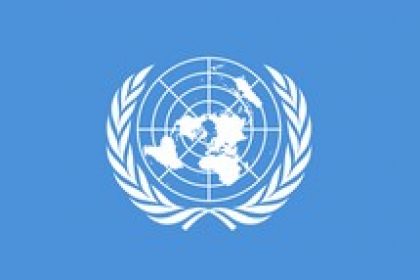
At the invitation of the World Health Organization, participated in the Annual Meeting of WHO’s European Healthy Cities National Networks, held in Lisbon from 29 to 31 May 2019, the President of ANMCV, Dr. Manuel de Pina, the Coordinator of UAICS, Dr. Helena Rebelo Rodrigues and the City Council of São Vicente, Dr. Lídia Lima.
The Annual Meeting of WHO European Healthy Cities Networks is an important international forum, bringing together political representatives and coordinators of national Healthy Cities networks, representatives of the ministries of health of WHO European Member States, WHO national counterparts and national health organisations, technical focal points, WHO technical experts and representatives of the Healthy Cities movement in other WHO regions.
The 2019 meeting was attended by more than 100 participants from 30 countries, including technical and political representatives.
The Cape Verde Healthy Cities Implementation Support Unit, as the national implementation structure in Cape Verde, integrated Session 2 on: Supporting healthy cities: the role of national networks globally.
The panel was thus constituted:
– Catherine Byrne, Minister of State, National Strategy for Health Promotion and Drugs, Department of Health, Ireland
– Eva Martín de la Peña, National Network Coordinator, Spain
– Helena Rebelo Rodrigues, Coordinator UAICS – ANMCV, Cape Verde
– Daniela de Brito, Representative of the National Confederation of Municipalities, Brazil
– Dasy Papathanasopoulou, National Network Coordinator, Greece
Two important aspects of the presentation are highlighted and praised by the organisation and participants:
– Cape Verde is the first country in Africa;
– The country embodies an innovative model of governance between Central Government and Local Government through the National Association of Cape Verdean Municipalities, an institution that integrates the 22 Municipalities of the country, a strategic partner for the implementation of the Programme Platforms for Local Development and the 2030 Objectives in Cape Verde.
The participation in the Panel was very pertinent, opening interesting perspectives of technical support, collaboration and development of common projects, in the framework of the implementation of the project Healthy Cities and Islands.
Following this, important working sessions were held with the Portuguese Healthy Cities Network, the Municipality of Seixal and the Institute of Public Health Dr. Ricardo de Jorge, and some relevant projects were designed and directed to companies that will be launched in the first quarter of 2020.
